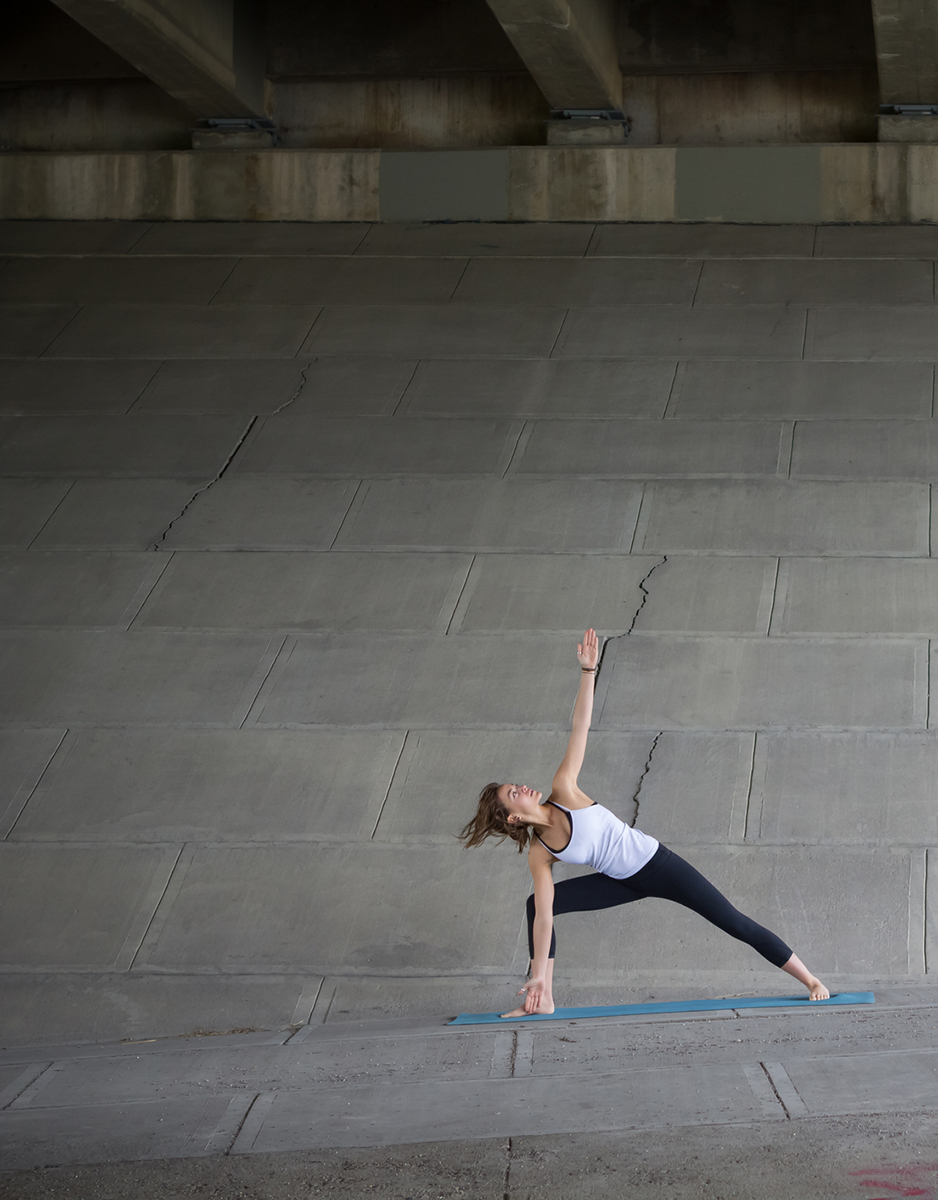There are many different strategies for managing substance use disorder (SUD) during treatment, recovery, and throughout life. Mindfulness is one of the most successful and has been encouraged as a way to focus on the present and move forward from past trauma and negativity. Practicing mindfulness techniques can allow you to gain control of your emotions, handle triggers and impulses, and respond in a healthy manner.
By learning mindfulness strategies, you can improve your overall health and stay focused on what matters. Browse our brief mindfulness guide, then stick around and take our quiz to see what you’ve learned!
Why Mindfulness Relates to Addiction Recovery
Mindfulness is an intentional state of awareness and focus on the present moment. In the context of SUD recovery, mindfulness is a strategy employed to help people focus on the present moment and refrain from turning to harmful substances to deal with thoughts, stressors, and triggers that arise. While these techniques are frequently used by those in recovery, anyone can practice mindfulness at any time.
Mindfulness has existed as far back as Buddha’s era, roughly 2,500 years ago. During this time, people would meditate as a way to advance toward spiritual enlightenment. As time has progressed, mindfulness practices have grown and often incorporate physical exercises like yoga as well as different meditation techniques and focused breathing.
Mindfulness is an important tool for addressing the effects of SUD and other commonly co-occurring mental health conditions, such as trauma, anxiety, and depression. This practice allows individuals to focus on the present moment. build awareness, develop a sense of acceptance, and take control of their thoughts and feelings instead of becoming intimidated and overwhelmed.
Best of all, this holistic practice is a critical component of addressing each of the root contributors to addiction and can be used in conjunction with medication, group therapy, and professional counseling as a component of an individualized treatment plan.

Mindfulness Activities
If you experience negative thinking, such as overgeneralizing, pushing yourself too hard, or dismissing positivity, you can reframe this with mindfulness exercises. While many people assume mindfulness revolves around meditating, this isn’t the case; in fact, one of the most significant advantages of mindfulness for addiction recovery is that it can be practiced in a multitude of ways.
Here are several mindfulness exercises you can consider implementing into your routine when you experience stressors, relapse triggers, or even the urge to use a substance.
Yoga
Calmly stretching the body can release tension throughout, allowing you to feel more relaxed and energized. The slow, deliberate motions and careful maintenance of posture help you focus on the present moment and regulate your breathing.
By focusing on your posture and form, you can begin to think more deeply about the emotions and thoughts you are experiencing and address them for what they truly are – valid reactions to stress that should not create chaotic responses.
Grounding Techniques
Grounding techniques are small exercises you can do to bring you back to the present or “ground you” when you feel stressed. There are a vast array of grounding techniques you can try to help focus on the present moment, including the following:
- Telling yourself who you are today. By reminding yourself of various details about yourself in the present day, you shift your focus from potential worries or past traumas to the present.
- Counting objects. If you’re at work and feeling overwhelmed, take a look out your window and count how many cars are in the parking lot; if you’re taking a shower, count how many drops of water are on your shampoo bottle. This task can help you focus your thoughts and avoid becoming overwhelmed by them.
- Feeling your hands or a random object. Next time you’re feeling overwhelmed, notice how something on your desk or dresser feels to the touch and whether it’s cold, hot, soft, or hard. This tactile sensation is a very important reminder that you’re here and you’re capable of feeling emotions and thinking thoughts without becoming swamped by the tide.
- Listen to music attentively. Sometimes you may listen to music as background noise while you work or play games, but listening with focus can help you practice mindfulness. Focus on how the music makes you feel, enjoyable sounds, poignant lyrics, or even just the rhythm as you feel it in your body.
No matter what exercise you try, including the hundreds we haven’t listed here, bringing yourself into the current moment is a key way to address triggers and emotions and move past them.
Writing
If your brain is processing too much information, or you’re afraid you’ll forget an important detail when you’re discussing your situation with a counselor or loved one, write it all down. In fact, writing at any point of the recovery process can not only take some of the stress away, but it allows you to put the thoughts and emotions you’re experiencing into a physical format.
You can focus each writing piece on the here and now, spot negative thinking, and enable your brain to process each in a different way. Revisiting can help you to understand who you are and what you can do to improve in the situation at hand.
Physical Activities
Believe it or not, yoga and other peaceful, contemplative activities are not the only way you can practice mindfulness while getting physical. If you enjoy working out, your chosen activities can not only improve your physical health but your mental health as well.
For example, swimming helps your entire body move in sync and reduces stress. You could also consider taking a hike in nature or even putting in some solo work at the gym. By shifting the focus from substances or trauma to your current activity, you stay present and improve your overall health as well.
How Mindfulness Benefits Addiction Recovery
It’s common for those new to recovery to wonder if mindfulness in recovery is truly effective. Fortunately, the answer is yes. Here are a few of the most essential benefits of practicing mindfulness in recovery.
Deeper Self-Understanding
Mindfulness not only keeps you focused on the present, but it allows you to develop a much better understanding of yourself. When you feel anxious and begin a mindfulness exercise, you can begin to identify your triggers, address your emotions, and learn what strategies work for you. If physical exercise proves to be the best way for you to incorporate mindfulness, you know you can turn to that once you sense an impending trigger.
Exploring Your Cognitive Potential
Mindfulness also improves the way you use your cognitive potential. Rather than ruminate constantly over past decisions or worry about future ones, you can use your mental energy on current tasks and improve your current self. Your adaptability improves, as well, as you’ll be better prepared to handle stress by turning to mindfulness exercises instead of substances.
Improved Relaxation and Sleep
Finally, mindfulness exercises can improve your ability to relax and may even help you achieve better sleep. It’s common for those in SUD recovery to experience cravings, but mindfulness can not only help reduce those cravings, but allow you to be more relaxed. When relaxation improves, you may see substantial improvements in the amount and quality of sleep you are able to achieve.
Addiction Freedom Now: Your Addiction Recovery Community
We are a community of recovery professionals, including former addicts and their families. Our primary objective is to provide a safe environment where individuals can share their unique recovery experiences, overcoming various trials and celebrating triumphs. Through this community, we strive to empower those who are still struggling, ensuring they receive the necessary care and support they deserve. We extend an invitation to you, and encourage your participation in our addiction recovery community , as we collectively work towards eradicating the stigma surrounding mental health.





